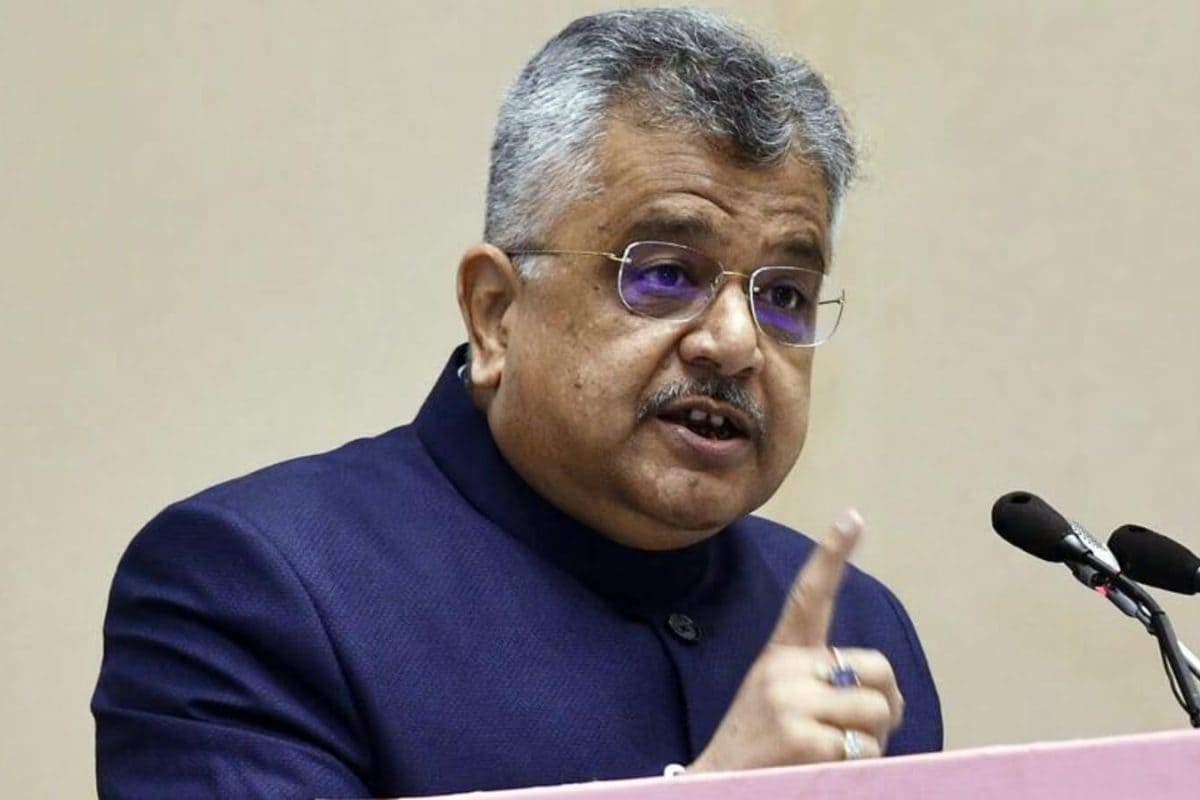

The Supreme Court (SC) is currently reviewing the boundaries of lawyer-client privilege, particularly when it intersects with potential criminal activity, with the Solicitor General emphasizing that this privilege cannot shield crime and that no one is above the law. This comes amid concerns about the potential for investigative agencies to overreach, particularly after the Enforcement Directorate (ED) recently issued, and then withdrew, summons to two senior Supreme Court advocates. This action sparked outrage over a perceived breach of lawyer-client privilege and professional independence.
The attorney-client privilege is a cornerstone of the legal system, designed to protect confidential communications between lawyers and their clients. This privilege allows clients to be candid with their attorneys, ensuring that lawyers have all the necessary information to provide effective legal representation. The privilege belongs to the client, not the lawyer, and it prevents attorneys from revealing information shared in confidence.
However, this privilege is not absolute. There are exceptions, particularly when a client seeks to use an attorney's services to further a crime or fraud. The Solicitor General's stance underscores this limitation, asserting that the privilege cannot be invoked to protect or conceal unlawful activities. This position aligns with the principle that while lawyers must protect their client's confidences, they cannot be complicit in illegal conduct.
The Supreme Court's concern stems from the potential chilling effect on the legal profession if lawyers fear being summoned or harassed for advising clients. Justice Viswanathan emphasized the need to safeguard the legal profession and preserve the integrity of the justice system, stating that lawyers must be able to advise and represent clients without fear. The court is considering critical questions, including whether police can summon a lawyer solely for advising a party and whether judicial oversight should be required if the lawyer's involvement extends beyond advisory roles.
The Bar Council of India (BCI), the Supreme Court Bar Association (SCBA), and the Supreme Court Advocates-on-Record Association (SCAORA) have been asked to assist the court in resolving these complex issues. SCAORA President Vipin Nair described the summons as "a deeply disquieting development" and warned that coercive measures against lawyers for professional legal opinions strike at the core of the rule of law.
The debate around attorney-client privilege highlights the delicate balance between protecting confidential legal advice and preventing the obstruction of justice. While the privilege is essential for ensuring effective legal representation, it cannot be used as a shield for criminal behavior. The Supreme Court's intervention seeks to clarify these boundaries and establish safeguards to protect the legal profession while upholding the principle that no one is above the law.
Ultimately, the Supreme Court's decision will have significant implications for the legal profession, potentially shaping the scope of attorney-client privilege and the responsibilities of lawyers in cases involving potential criminal activity. The court's focus is to ensure that the legal system can function effectively, protecting both the rights of individuals to seek legal counsel and the public interest in preventing and prosecuting crime.